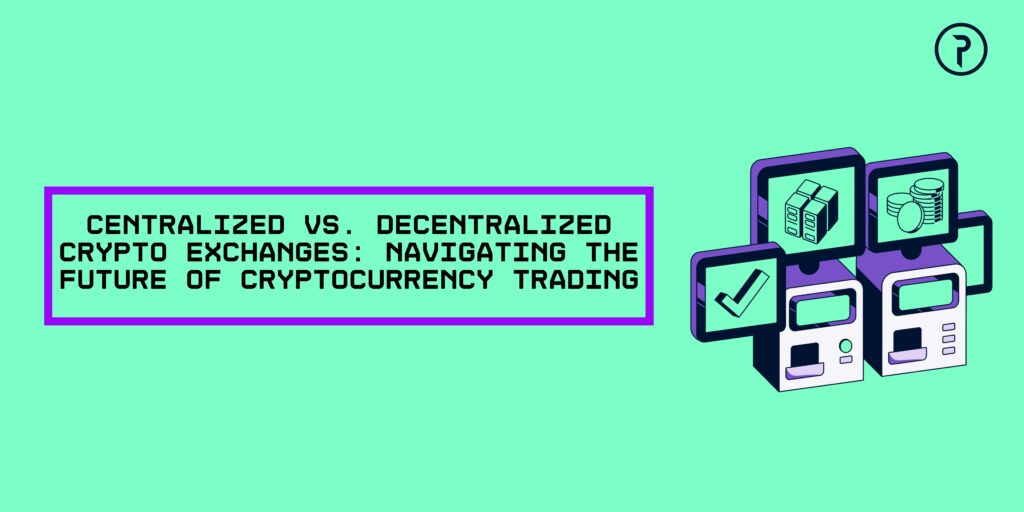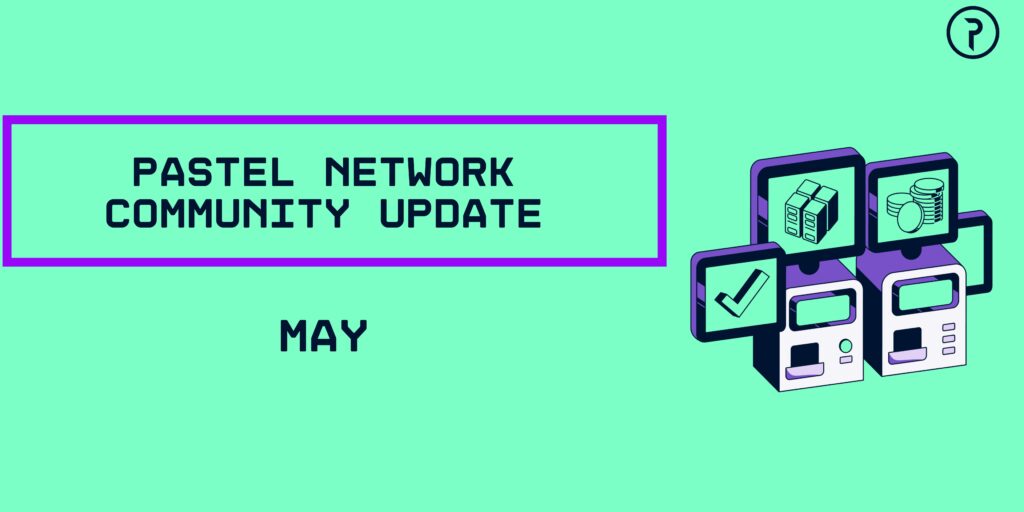Blockchain technology, originally designed as the underlying infrastructure for cryptocurrencies like Bitcoin, has transcended its origins to find applications far beyond the realms of digital currencies and Non-Fungible Tokens (NFTs). While cryptocurrencies and NFTs are undoubtedly significant, blockchain’s versatility extends into various sectors, offering a wide range of benefits that promise to reshape industries and processes across the globe.
1. Supply Chain Management
Blockchain’s transparent and immutable ledger is a game-changer for supply chain management. It enables end-to-end visibility and traceability of products, from raw materials to the final consumer. Companies can use blockchain to verify the authenticity of products, reduce fraud, and enhance the efficiency of supply chain operations. This transparency is particularly valuable in industries like food, where it helps trace the origin of products and prevent foodborne illnesses.
2. Healthcare
Blockchain is revolutionizing healthcare by providing a secure and interoperable platform for managing electronic health records (EHRs). Patients gain control over their health data while ensuring privacy and security. Healthcare providers can access accurate and up-to-date patient information, improving care coordination and reducing medical errors. Furthermore, blockchain aids in drug traceability, ensuring the authenticity and safety of pharmaceutical products.
3. Voting and Elections
Blockchain technology has the potential to transform the way we conduct elections. It offers a secure and tamper-proof platform for online voting, ensuring the integrity of the electoral process. Votes are recorded on the blockchain, making them transparent and resistant to manipulation. This could increase voter turnout and trust in democratic systems.
4. Intellectual Property and Copyright
Artists, authors, and content creators can protect their intellectual property using blockchain. By registering their work on a blockchain, they establish a timestamped and immutable record of ownership. This helps combat copyright infringement and plagiarism while ensuring fair compensation for creators.
5. Real Estate
Real estate transactions are traditionally complex and time-consuming. Blockchain simplifies this process by providing a secure and transparent platform for property transactions. Smart contracts enable automated property transfers, reducing the need for intermediaries and minimizing the risk of fraud.
6. Energy Trading
Blockchain facilitates peer-to-peer energy trading by allowing individuals and businesses to buy and sell excess energy directly to one another. This decentralized approach encourages the use of renewable energy sources and increases energy efficiency.
7. Cross-Border Payments
Cross-border payments are often plagued by high fees and lengthy processing times. Blockchain-powered cross-border payments offer a faster, cheaper, and more transparent alternative. Companies can settle transactions in real-time, avoiding the delays associated with traditional banking systems.
8. Identity Verification
Blockchain enhances identity verification by providing individuals with control over their digital identities. Users can securely share their personal information with trusted parties while safeguarding their privacy. This is particularly valuable in the digital age, where identity theft is a prevalent concern.
9. Notary Services
Blockchain can replace traditional notary services by providing a tamper-proof record of legal documents and contracts. This reduces the need for notaries and streamlines the verification process.
10. Charity and Aid Distribution
Blockchain ensures transparency and accountability in charitable donations and aid distribution. Donors can trace their contributions, ensuring they reach their intended beneficiaries without intermediaries or corruption.
Challenges and Future Developments
While the benefits of blockchain technology are evident, challenges remain, including scalability, regulatory compliance, and energy consumption. As the technology continues to evolve, solutions to these challenges are likely to emerge.
In conclusion, blockchain technology is not limited to cryptocurrencies and NFTs; it has the potential to revolutionize numerous industries and processes. Its transparency, security, and efficiency offer tangible benefits in supply chain management, healthcare, voting, intellectual property, real estate, energy trading, cross-border payments, identity verification, notary services, and charitable endeavors. As blockchain adoption continues to grow, we can anticipate a more transparent, secure, and interconnected world across various sectors.









